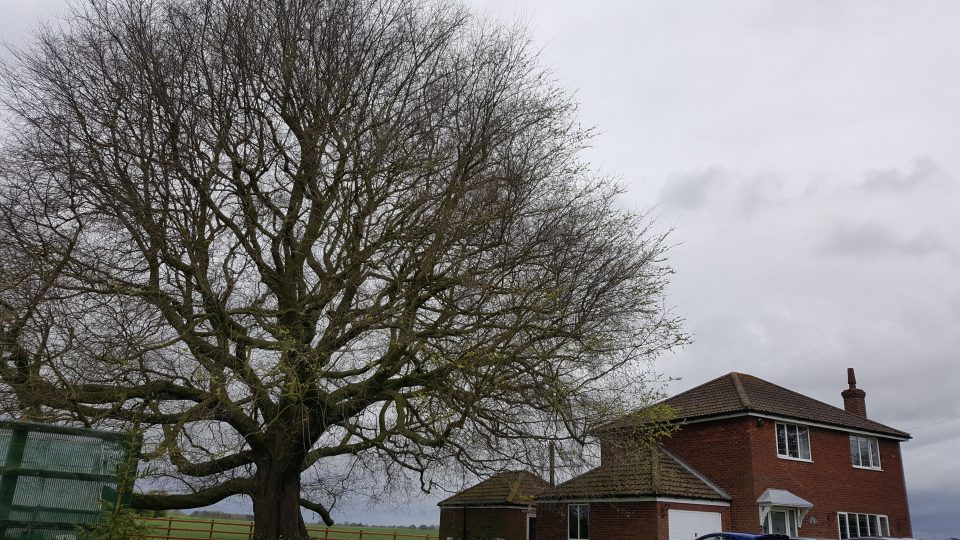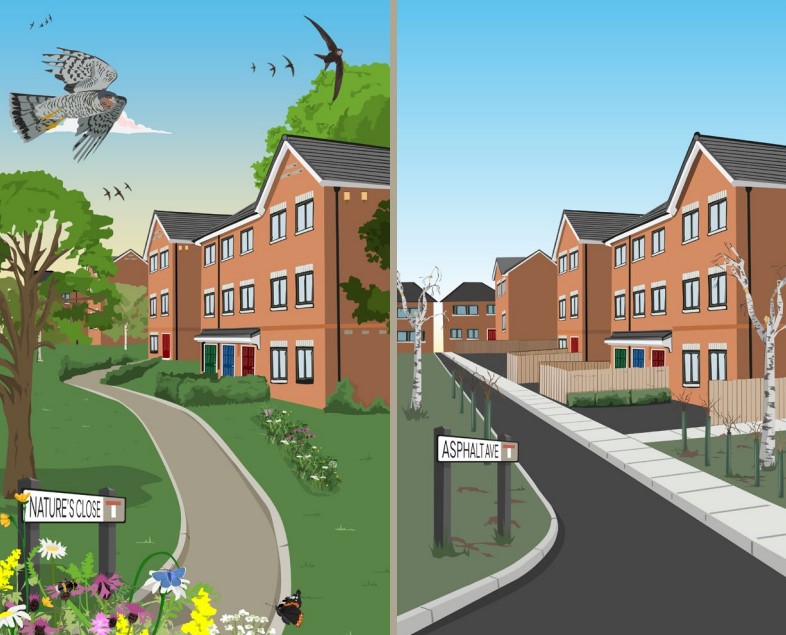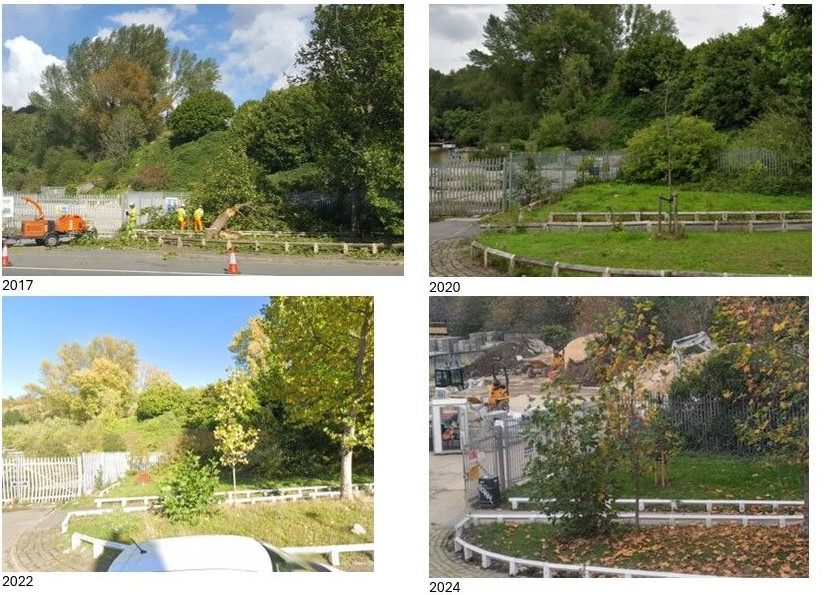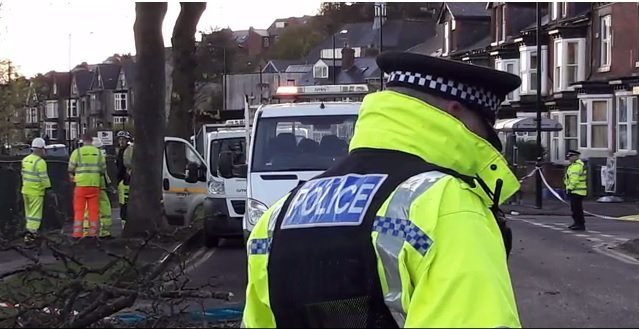
Welcoming the Introduction of Operation Arborcide!
17th November 2016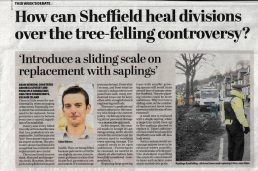
How can Sheffield heal divisions over the tree-felling controversy?
17th December 2016Are Sheffield war memorial trees being felled to save on maintenance costs?
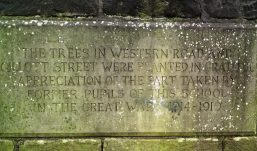
Picture the scenario…
Due to Council budget cuts, The Cenotaph (the national War Memorial in central London) has not had the maintenance it deserves and is in need of some TLC, so the Council outsource War Memorial management to a Spanish infrastructure services company, who are contracted to maintain it for the next 25 years. The company then have a marvelous idea: To save on annual maintenance costs, they knock it down and tarmac the area over – thereby avoiding any future costs for the remainder of their contract. Excelente!
While this may beggar belief. A comparable situation is happening in Sheffield now.
In late summer 2012, AWA Tree Consultants surveyed all of the mature plane trees along Western Road in Sheffield, and found the vast majority to be in perfectly good health. During the tree inspections, friendly residents asked what we were up to, and told us about the history of the trees. They were planted in 1919 to commemorate former Westways School pupils who died during the First World War and are listed by the War Memorial Trust and the Imperial War Museum. We assured the residents that the trees were in good health and so there was nothing for them to worry about. While some of the pavements were uneven as a result of the tree roots, at the time, it seemed inconceivable that this would warrant their removal, and that other engineering methods would be used to remedy the pavements. Since this time, the council contractors have identified the now infamous ‘misplaced kerbs’, and almost half of the War Memorial trees are scheduled to be felled.
Mature urban trees and War Memorials are both powerful icons for the surrounding community. They both have great meaning and reflect our local identity. The special significance these trees have should not be underestimated. Not everybody is a ‘tree-hugger’, and the religious and political views of Sheffield’s community is varied; however, the protection of these trees represents a ‘common cause’ for any reasonable person – in our respect for those who have died on our behalf and for our natural environment.
After the fiasco of ‘Operation Arborcide’, if the council were to work with engineers, arboriculturists and the local community, to retain as many of these trees as is possible, it would create some well needed positive news for Sheffield. Alternatively, the additional bad-press and bad-will that will be created if they were to fall victim of the wider ‘chainsaw massacre’ is staggering.
The latest advice circulated to judges by Sentencing Council includes stiffer sentences for damage to War Memorials, which are described as heritage assets. To needlessly fell these trees, in order to increase a company’s profit margin, is comparable with any other war memorial desecration – a crime against society itself.




